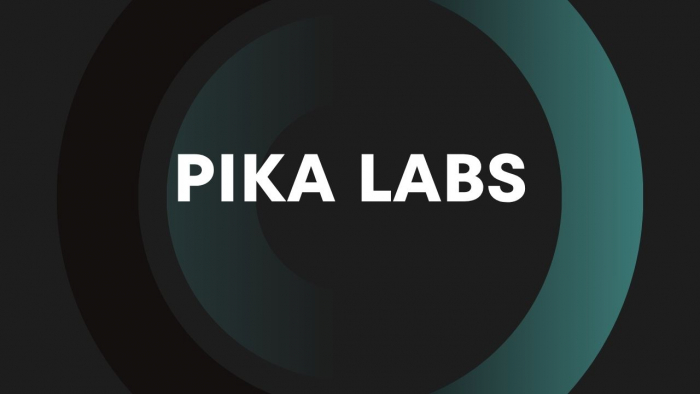In recent years, financial technology has evolved far beyond digital banking and mobile payments. At the heart of this transformation lies blockchain infrastructure, a decentralized and transparent framework redefining how money moves, data is stored, and trust is established across financial systems. What began as the foundation of cryptocurrencies has grown into a driving force behind new financial models, reshaping global economies and redefining traditional banking boundaries.
A New Era of Financial Transparency
Traditional financial systems often rely on centralized intermediaries to validate and record transactions. This model, while functional, can introduce inefficiencies, high costs, and limited accessibility for individuals in developing regions. Blockchain offers an alternative. By enabling direct peer-to-peer transactions with an immutable record of every exchange, it eliminates the need for central authorities while preserving transparency and accountability.
Every transaction on a blockchain is recorded in a shared ledger that cannot be altered retroactively. This level of transparency reduces the risk of fraud, improves traceability, and creates a foundation of trust between users, institutions, and regulators. For fintech companies, this means building solutions that are not only faster but also more secure and auditable—an essential step toward a more inclusive global economy.

Streamlining Payments and Settlements
One of the most significant advantages of blockchain in fintech is its ability to simplify cross-border transactions. Traditional international payments can take days to settle due to the involvement of multiple banks and verification processes. Blockchain technology, by contrast, facilitates near-instant settlements without intermediaries.
This speed and cost efficiency are encouraging more fintech firms to integrate blockchain-based payment rails. For individuals, the process of transacting in digital assets has also become more accessible. To buy crypto directly with a credit or debit card, bridging the gap between traditional finance and digital currencies. This seamless experience helps new users participate in decentralized finance while still using familiar payment methods.
Driving Innovation in Lending and Identity Verification
Beyond payments, blockchain infrastructure is also driving innovation in lending, identity management, and financial inclusion. Decentralized lending platforms use smart contracts—self-executing code stored on blockchains—to automate loan approvals, repayments, and interest calculations. These systems reduce paperwork and enable more people, especially those without formal credit histories, to access financial services.
Similarly, blockchain-based identity verification provides a secure and portable digital identity that users can control. Instead of repeatedly sharing personal data with multiple institutions, users can verify their identity once and use cryptographic proofs to access services across platforms. This model not only enhances security but also minimizes the risks of data breaches, a growing concern in today’s digital economy.
Empowering Regulatory Compliance and Security
As blockchain adoption increases, regulatory oversight is evolving in parallel. Fintech companies are now developing hybrid models that combine decentralized transparency with compliance requirements such as Know Your Customer (KYC) and Anti-Money Laundering (AML) protocols. Blockchain’s ability to record tamper-proof transaction histories allows regulators to monitor activity in real time while protecting user privacy through cryptographic techniques.
Security also benefits significantly from blockchain’s distributed architecture. Since data is stored across multiple nodes rather than a single server, it becomes more resistant to hacking or manipulation. This resilience makes blockchain infrastructure particularly appealing for financial institutions looking to modernize their systems without compromising on data integrity or compliance.
The Foundation of a Decentralized Financial Future
As fintech continues to mature, blockchain infrastructure stands as the backbone of innovation. From digital identity systems to automated lending and real-time payments, it provides the foundation for more open, transparent, and efficient financial services. The convergence of blockchain and fintech is not just about digital currencies—it’s about creating an ecosystem where trust is embedded in code, transactions are borderless, and access to finance is democratized.
While this evolution is still in its early stages, its impact on global finance is already unmistakable. Each new application built on blockchain moves us closer to a world where technology doesn’t just support finance—it transforms it.
Post Comment
Be the first to post comment!





